Cats are a beloved part of many families, bringing joy, companionship, and a bit of mystery into our homes. For cat enthusiasts, ensuring the well-being of their feline friends is paramount. However, one crucial aspect that often gets overlooked is whether we are overfeeding our cats. It’s easy to do, especially when those big, pleading eyes are looking up at you. But overfeeding can lead to a host of problems, so understanding the signs and solutions is essential.
Understanding Your Cat’s Nutritional Needs
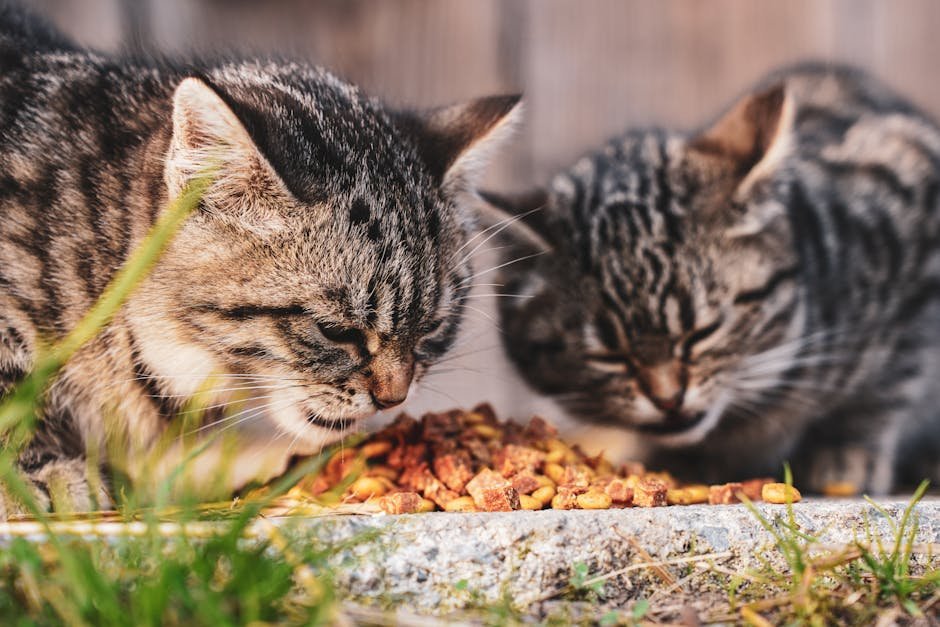
Cats are obligate carnivores, which means they require a diet primarily composed of meat. Their nutritional needs differ significantly from those of dogs or humans. Cats need a diet rich in protein, moderate in fat, and low in carbohydrates. Overfeeding them with food high in carbohydrates can lead to obesity and related health problems. It’s important to consult with your veterinarian to determine the right type and amount of food for your cat’s age, weight, and health condition. Think of it like following a recipe: too much of one ingredient can spoil the dish.
Recognizing the Signs of Overfeeding
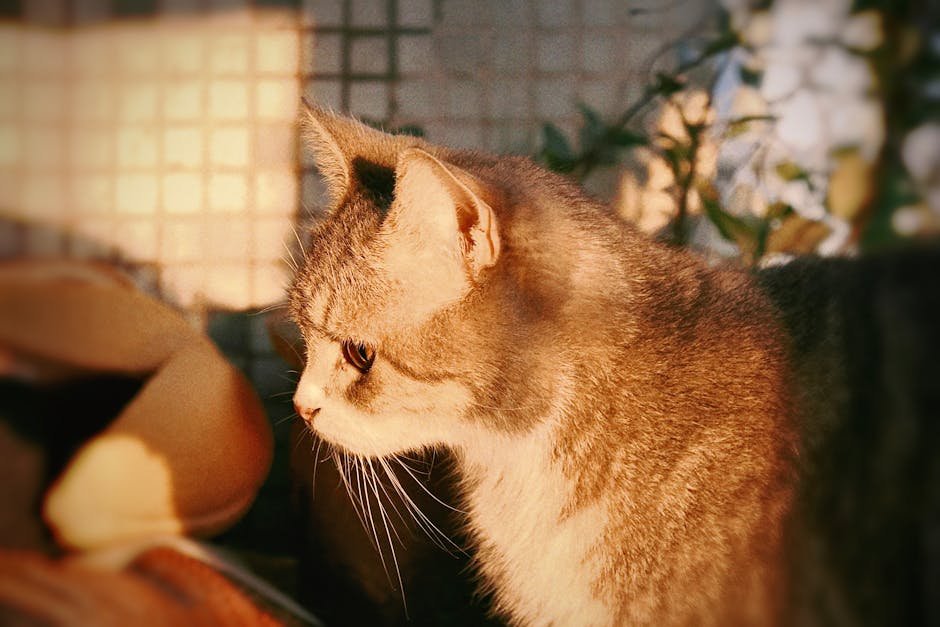
Identifying whether your cat is being overfed involves more than just monitoring their food bowl. One of the most telling signs is weight gain. If you notice your cat is gaining weight or becoming less active, it might be time to reassess their diet. Additionally, frequent vomiting, diarrhea, or excessive shedding can also be indicators of an improper diet. Cats, much like humans, can exhibit digestive symptoms when their diet is not balanced. Pay attention to these signs as they can be your cat’s way of communicating dietary issues.
The Impact of Overfeeding on Health
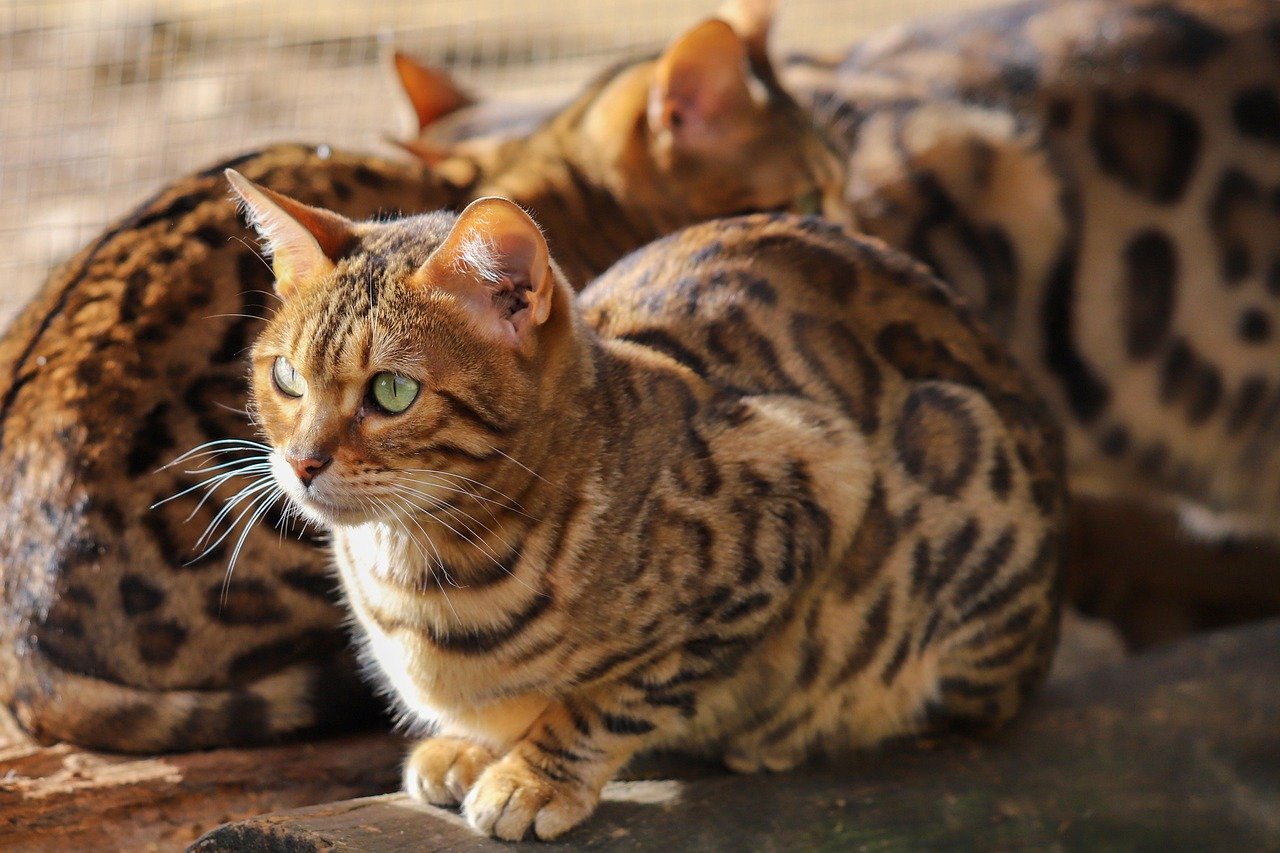
Overfeeding your cat can have significant health repercussions. Obesity is the most common consequence, which can lead to diabetes, arthritis, and even liver disease. An overweight cat may also suffer from a decreased quality of life, as they are less able to engage in play and other activities. Just as carrying extra weight can burden humans, it can also weigh down our feline friends. Ensuring they maintain a healthy weight is vital for their longevity and happiness.
Portion Control and Feeding Schedules
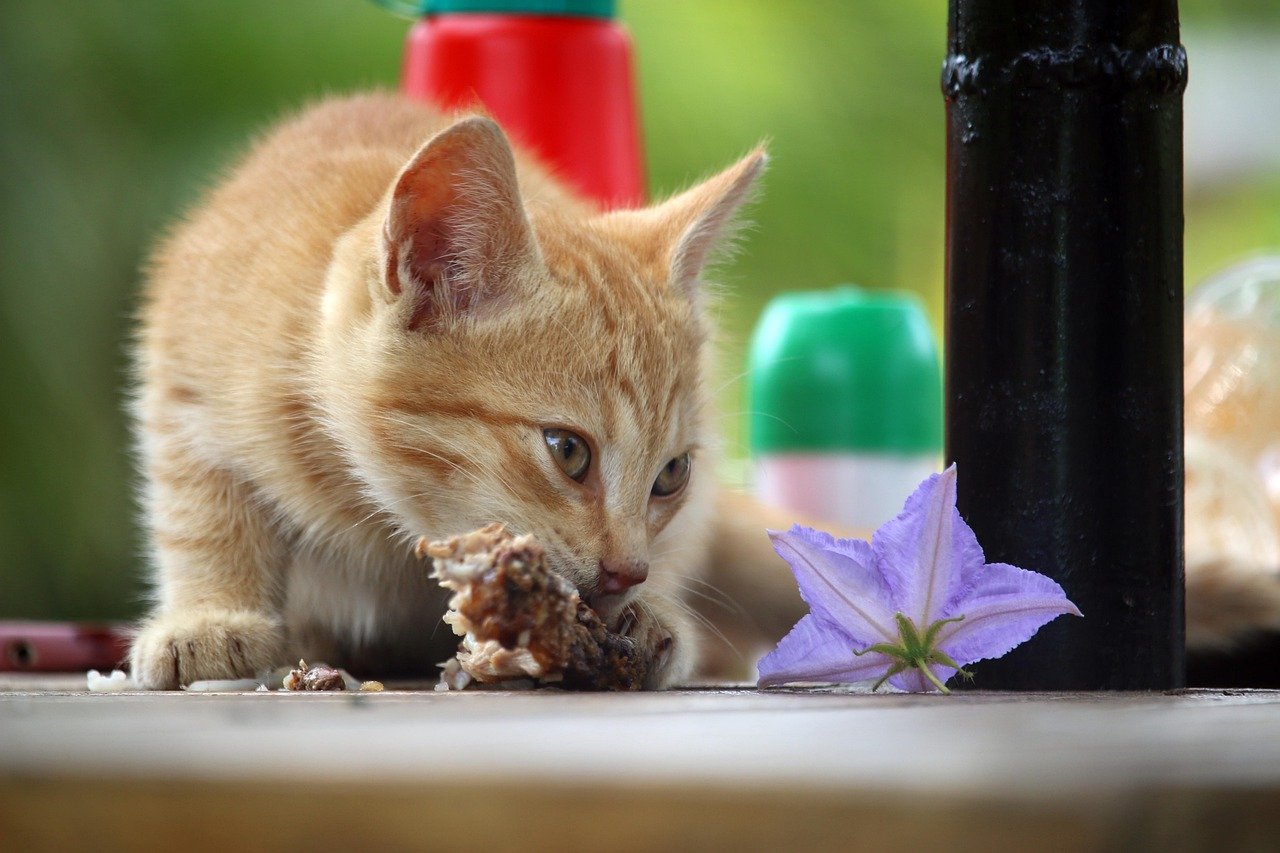
One effective strategy to prevent overfeeding is to establish a consistent feeding schedule. Cats thrive on routine, and having set meal times can help regulate their appetite. Portion control is equally important; measure out the right amount of food according to your veterinarian’s recommendations. Think of it as budgeting for nutrition—allocating the right amount ensures your cat gets what they need without excess. Avoid free-feeding, where food is left out all day, as this can lead to overeating.
Treats and Snacks: The Hidden Calories
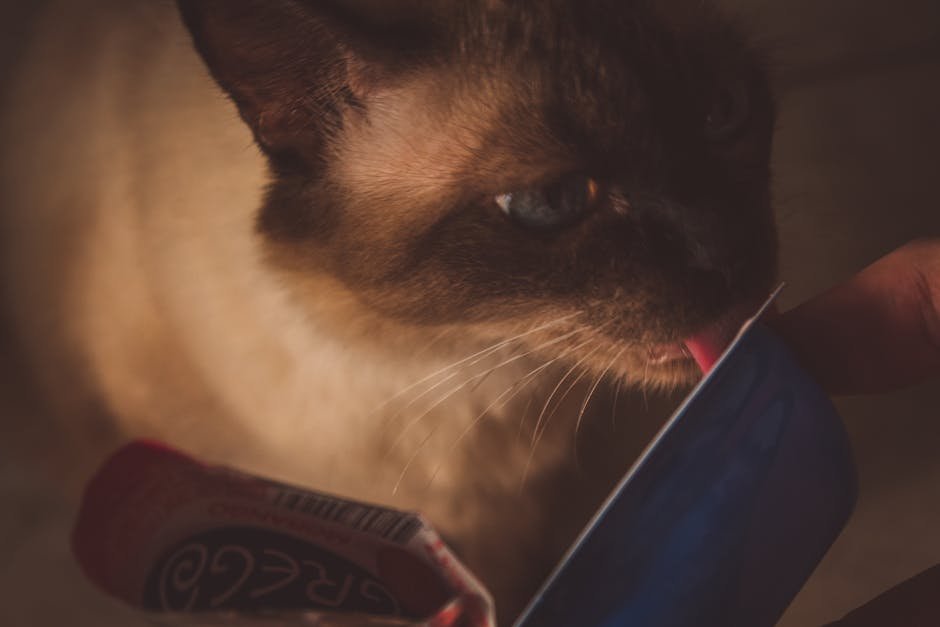
While treats can be a delightful way to bond with your cat, they can also contribute to overfeeding. Many commercial cat treats are high in calories and should be given sparingly. It’s easy to lose track of how many treats your cat consumes, especially when using them as rewards. Consider healthier alternatives, such as small pieces of cooked chicken or fish. Remember, treats should only make up a small percentage of your cat’s daily caloric intake.
Understanding Your Cat’s Behavior
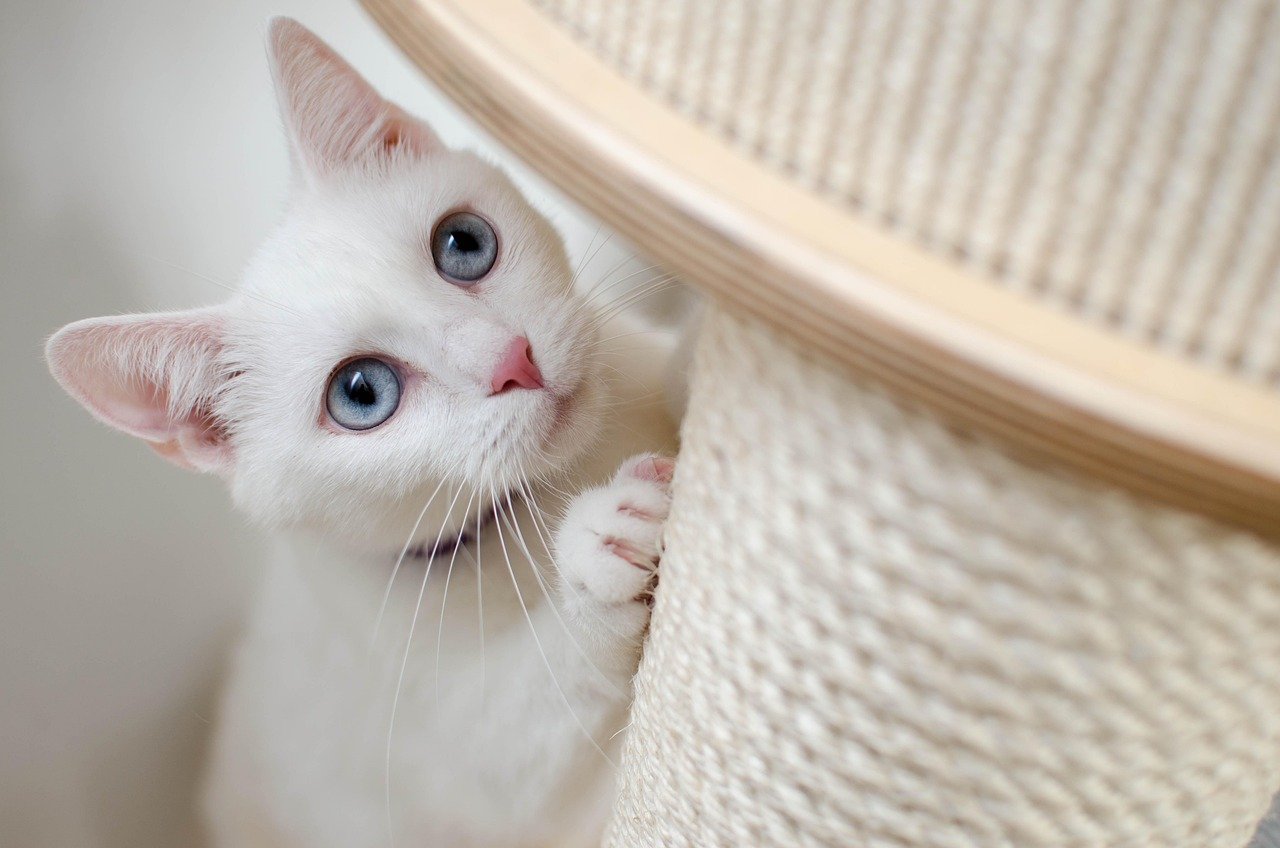
Cats have unique behaviors that can sometimes be mistaken for hunger. For instance, a cat might meow persistently or rub against your legs, but this doesn’t always mean they’re hungry. Cats can use these behaviors to seek attention or express boredom. Learning to interpret your cat’s actions can help you differentiate between genuine hunger and other needs. Observing their body language and adjusting your interactions can prevent unnecessary feeding.
Consulting with a Veterinarian
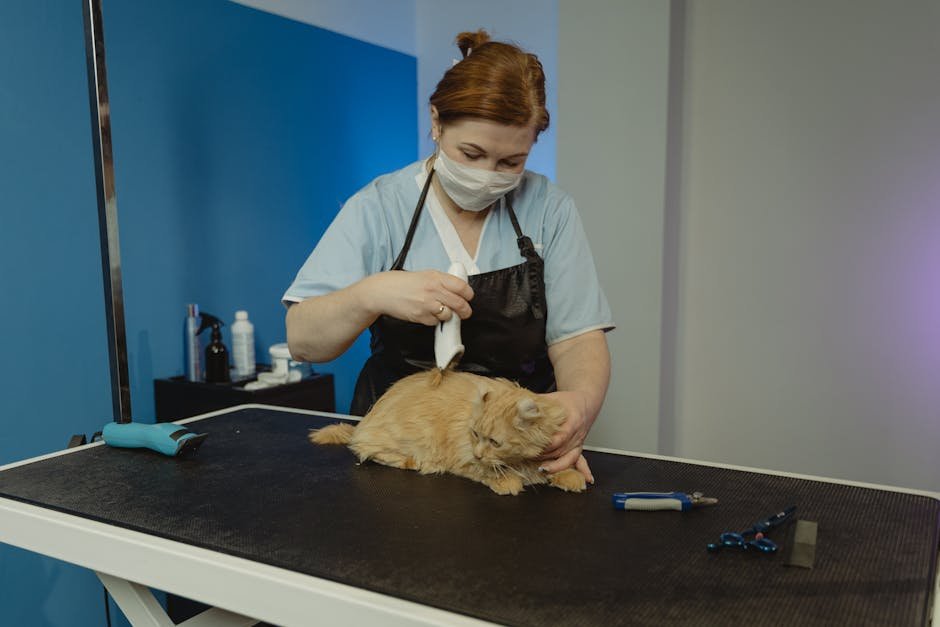
If you’re uncertain about your cat’s diet and feeding habits, consulting with a veterinarian is always a good idea. They can provide tailored advice based on your cat’s specific needs and health status. Veterinarians can also help you develop a nutritional plan that supports your cat’s overall well-being. Think of them as your guide in navigating the complex world of feline nutrition. Regular check-ups can ensure your cat remains healthy and happy.
In summary, while it may be tempting to indulge your cat with extra food or treats, it’s important to be mindful of their nutritional needs. By understanding their diet, recognizing signs of overfeeding, and consulting with professionals, you can ensure your feline friend leads a healthy and fulfilling life.

Linnea is a born and bred Swede but spends as much time as possible in Cape Town, South Africa. This is mainly due to Cape Town’s extraordinary scenery, wildlife, and atmosphere (in other words, because Cape Town is heaven on earth.) That being said, Sweden’s majestic forests forever hold a special place in her heart. Linnea spends as much time as she can close to the ocean collecting sea shells or in the park admiring puppies.






